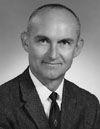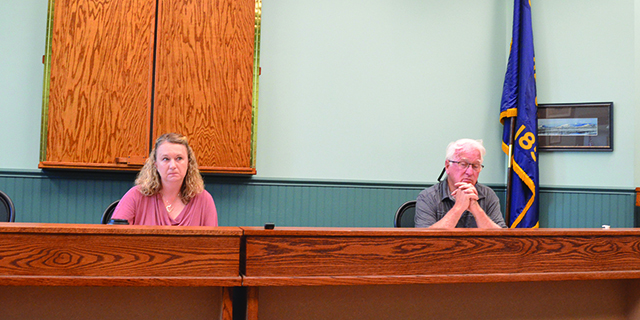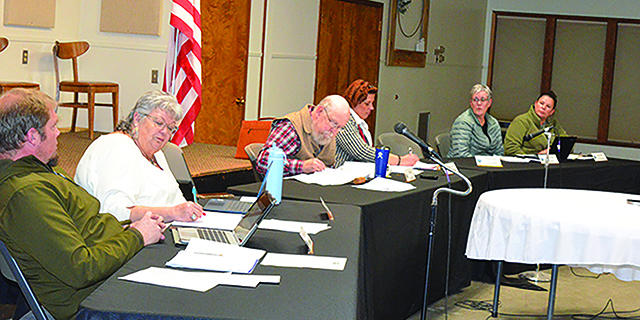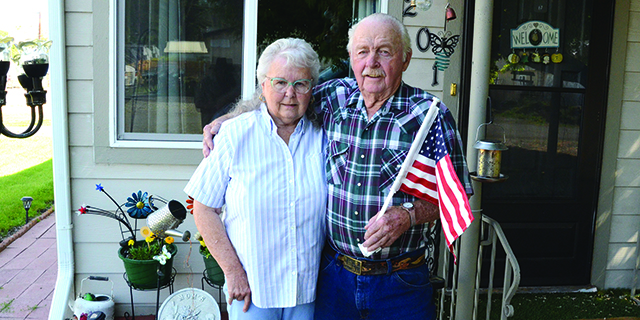Hemstreet arraignment attracts Portland television
Published 4:00 pm Wednesday, March 9, 2005
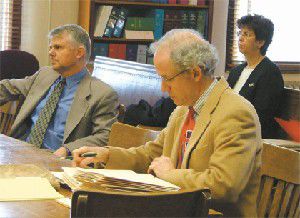
- From left, Rahn Hostetter, attorney for Mark Hemstreet, and Wallowa County District Attorney Dan Ousley appear in court during arraignment proceedings for the high profile game case last week.<BR><I>Photo by Elane Dickenson</I>
Although hotel magnate Mark Hemstreet was represented by his attorney and not present for his arraignment on 11 misdemeanor game charges in Wallowa County Circuit Court March 2, a three-person crew from KATU television drove all the way from Portland to document the short proceedings.
In addition to Hemstreet, Hemstreet’s wife Shannon, son Brian Hemstreet, daughter Staci McDonald and two friends, Greg Clapper and Dave Forni were all represented at the hearing by Enterprise attorney Rahn Hostetter.
The police list Mark and Shannon Hemstreet as living in Rancho Mirage, Calif. – the source of charges against them for falsely applied-for resident hunting licenses – while the others reside in the Portland area.
Hemstreet is owner of the Shilo Inn hotel chain and also owns the Shilo Ranch in the Troy area of Wallowa County.
The defendants were all arraigned on game charges stemming from an Oregon State Police investigation centered around the Shilo Ranch. They were cited in January. Most of the alleged game violations involve borrowing and loaning game tags and illegal possession of elk and bear. (See For the Record on Page 2 for a complete list of charges).
Circuit court judge Russell West told Hostetter that all the defendants involved needed to be finger printed in Wallowa County. Hostetter said it would be most convenient if that procedure could coincide with hearings on motions he plans to file. Judge West asked if that could occur by May 2, and Hostetter agreed.
Caudle hearingThe quick arraignment was preceded by a longer hearing on a motion by the Oregon State Police to quash a motion by Hostetter to compel the prosecution to produce documents from the state police in connection with a related game case. The defendant in that case is Gordon Caudle, 38, of Hillsboro, whose citation on Powwatka Ridge in November spurred the investigation that led to charges against Hemstreet and others.
Hostetter had requested discovery of documents that included field notes, journals and e-mails from OSP officers, telephone records and e-mails, as well as such things as records concerning road closures in the Powwatka Ridge area, and copies of documents and photos obtained in the searches of the Shilo Ranch in Wallowa County and the Portland- area searches of the homes of Brian Hemstreet, David Forni and Gregg Clapper.
In filing a motion to compel the documents, Hostetter said that he had requested them from District Attorney Dan Ousley, who said he didn’t have them. “His response has been ‘ I gave you everything I have.’ That just won’t cut it,” said Hostetter.
The motion to quash was filed on behalf of OSP by Oregon Assistant Attorney General Andrew Logerwell, who argued by telephone against the OSP officers being subpoenaed for the motion to compel hearing, which was heard Monday, and also termed the discovery motion overbroad.
Mixed rulingIn the end Judge West handed down a mixed ruling, which directed the OSP to produce much of the requested material, including the field notes of OSP officers Brad Duncan and Bill Ables. He also agreed that documents that OSP had concerning the case, were evidence that the district attorney should have access to. However, he agreed with Logerwell that the motion was overbroad, and narrowed down the scope of the evidence that needed to be produced.
At the Monday hearing, some evidence requested by Hostetter, such as telephone records, were not considered discoverable by the judge. The judge read through Ables’ field notes and said that there was only one page – one with a description of a gun – that was not included in the report, and that was to be given to Hostetter. He said he planned to do the same with Duncan’s notes. In the end, the notes will be sealed for possible use by an appellant court.
The judge said he hoped that in the future the district attorney, the OSP and Hostetter will work closer together so that a hearing to compel evidence will not be necessary.
After the hearing, Hostetter said that he now knows better what evidence does and doesn’t exist, which will help him make decisions on the case. He said he has already decided that he will file a motion to suppress evidence and a motion to controvert (to dispute the accuracy of evidence).


